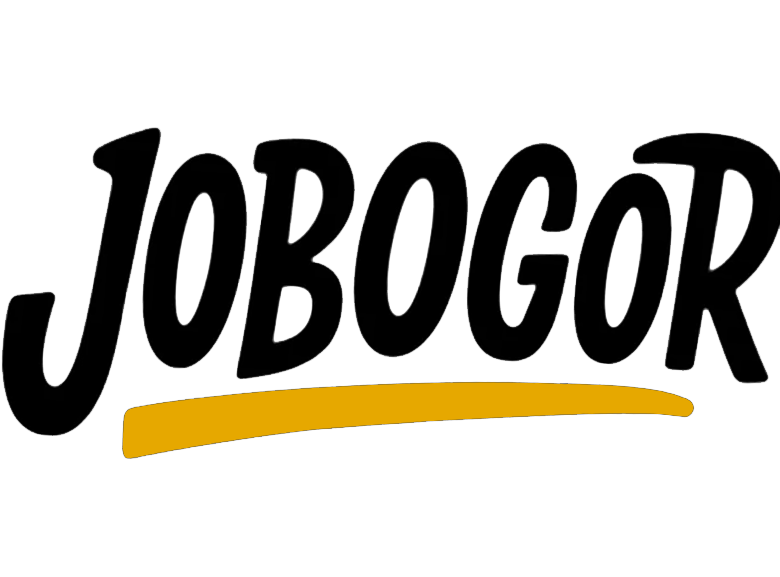The world of digital marketing has changed rapidly in the last decade. Businesses no longer rely solely on traditional strategies like print ads, TV commercials, or outdoor billboards. Instead, the rise of cloud technology has reshaped how companies manage, analyze, and optimize their marketing efforts. Cloud solutions have enabled organizations to scale their campaigns, access real-time data, automate workflows, and personalize customer interactions like never before.
In this blog, we will explore how cloud technology is powering digital marketing tools, why businesses are embracing it, and the future it holds for the marketing industry.
1. What is Cloud Technology?
Cloud technology refers to delivering computing resources—including servers, databases, storage, networking, analytics, and software—over the internet. Instead of buying and maintaining physical infrastructure, businesses can rent cloud-based solutions and pay for what they use.
In digital marketing, cloud platforms allow teams to use powerful marketing tools without investing in heavy hardware or on-premises infrastructure. This flexibility has completely transformed the marketing landscape.
2. The Role of Cloud in Digital Marketing
Cloud computing has become the backbone of modern marketing strategies. Here’s why:
-
Scalability: Campaigns can grow quickly without infrastructure issues.
-
Real-Time Analytics: Data-driven insights improve decision-making.
-
Collaboration: Teams across locations can work together on the same platform.
-
Automation: Marketing tasks like emails, ads, and CRM updates can be automated.
-
Cost-Efficiency: No need for huge IT investments.
3. Benefits of Cloud Technology in Digital Marketing
a) Enhanced Customer Data Management
With cloud storage, marketers can gather, store, and analyze customer data from multiple sources—social media, websites, email campaigns, and apps. This data is then used to build customer personas, target campaigns, and improve personalization.
b) Improved Personalization
Cloud-powered tools integrate AI and machine learning to predict user behavior. Marketers can send personalized emails, create targeted ads, and recommend products based on browsing history.
c) Seamless Collaboration
Marketing teams, agencies, and clients can collaborate in real time using cloud platforms like Google Workspace, Microsoft 365, and Asana. This ensures faster approvals and better productivity.
d) Real-Time Analytics
Cloud-based tools like Google Analytics, HubSpot, and Salesforce Marketing Cloud allow marketers to track live campaign performance and make adjustments instantly.
e) Cost Savings
Instead of buying expensive servers, businesses only pay for the resources they use. This makes marketing campaigns more budget-friendly and scalable.
4. How Cloud Technology Powers Digital Marketing Tools
Here are the key ways cloud is transforming marketing tools:
1. Email Marketing Tools
Platforms like Mailchimp and SendGrid use cloud servers to send millions of emails at once, track open rates, and segment users effectively.
2. CRM Systems
Cloud-based CRMs like Salesforce and Zoho help marketers manage customer relationships, track leads, and automate communication.
3. Data Analytics Platforms
Google Analytics 4 (GA4) and Adobe Analytics use cloud computing to process massive datasets quickly, offering real-time insights into user behavior.
4. AdTech Tools
Google Ads and Facebook Ads Manager run on the cloud, allowing marketers to run campaigns globally and optimize them instantly.
5. Content Management Systems (CMS)
Cloud-based CMS platforms like WordPress and Wix enable marketers to build and manage websites with ease.
6. Collaboration & Project Management
Tools like Trello, Slack, and Monday.com ensure seamless teamwork across geographies.
5. Future of Cloud in Digital Marketing
The future of digital marketing will be heavily cloud-driven. Expect:
-
AI-Powered Campaigns: Predictive marketing with AI and cloud.
-
Omnichannel Integration: One cloud platform managing email, ads, SMS, and social media.
-
Voice & IoT Marketing: Personalized marketing through smart speakers and IoT devices.
-
Greater Security: Enhanced data encryption and compliance tools.
✅ Summary Table: How Cloud Technology is Powering Digital Marketing Tools
| Factor | Role in Marketing | Cloud Impact | Best Practice |
|---|---|---|---|
| Scalability | Run campaigns at any size | Cloud adjusts resources dynamically | Choose flexible cloud platforms (AWS, Azure) |
| Data Storage & Management | Handle customer data securely | Centralized databases improve targeting | Use encrypted, GDPR-compliant cloud storage |
| Collaboration | Marketing teamwork across regions | Real-time document & project sharing | Adopt Google Workspace, Slack, or Microsoft 365 |
| Analytics | Real-time campaign performance tracking | Cloud analytics tools process massive data quickly | Integrate GA4, HubSpot, Adobe Analytics |
| Automation | Save time with auto-tasks (emails, ads) | Cloud AI automates workflows efficiently | Implement Salesforce, HubSpot, Marketo |
| Personalization | Tailor content to customer needs | AI + Cloud predict user behavior accurately | Use AI-driven personalization in campaigns |
| Ad Campaigns | Manage ads globally | Cloud ensures fast optimization across channels | Leverage Google Ads, Meta Ads Manager |
| Content Delivery (CDN) | Faster website & ad delivery | Cloud CDN reduces latency worldwide | Use Cloudflare or Akamai CDN for speed |
| Security | Protect customer data | Cloud platforms add firewalls & encryption layers | Choose ISO-certified cloud service providers |
| Cost Efficiency | Lower IT expenses | Pay-as-you-go model saves money | Compare pricing plans before choosing |
6. Pricing List of Popular Cloud Digital Marketing Tools
| Tool / Platform | Pricing (Monthly) | Features |
|---|---|---|
| Mailchimp | Free – $350 | Email campaigns, automation, audience insights |
| HubSpot Marketing Hub | $50 – $800+ | CRM, lead management, automation, analytics |
| Salesforce Marketing Cloud | $400 – Custom | CRM, AI personalization, advanced automation |
| Google Analytics 360 | $150,000/year | Enterprise analytics, real-time data insights |
| Zoho CRM | Free – $65/user | Sales & marketing automation, lead scoring |
| Trello (Cloud Project Tool) | Free – $17.50 | Task management, collaboration |
| Slack | Free – $12.50 | Team collaboration, integrations |
| WordPress (Cloud Hosting) | $25 – $45 | Website management, SEO plugins, marketing integrations |
| Marketo (Adobe) | Custom pricing | Lead management, account-based marketing, automation |
| SEMrush (Cloud SEO Tool) | $120 – $500 | Keyword research, site audits, PPC & SEO analytics |
Conclusion
Cloud technology is no longer a luxury—it is the foundation of digital marketing in 2025 and beyond. From customer data management to automation, personalization, and real-time analytics, the cloud empowers marketers to design campaigns that are faster, smarter, and more cost-effective.
Businesses that adopt cloud-driven marketing tools will not only save money but also gain a competitive edge in creating stronger customer experiences.



